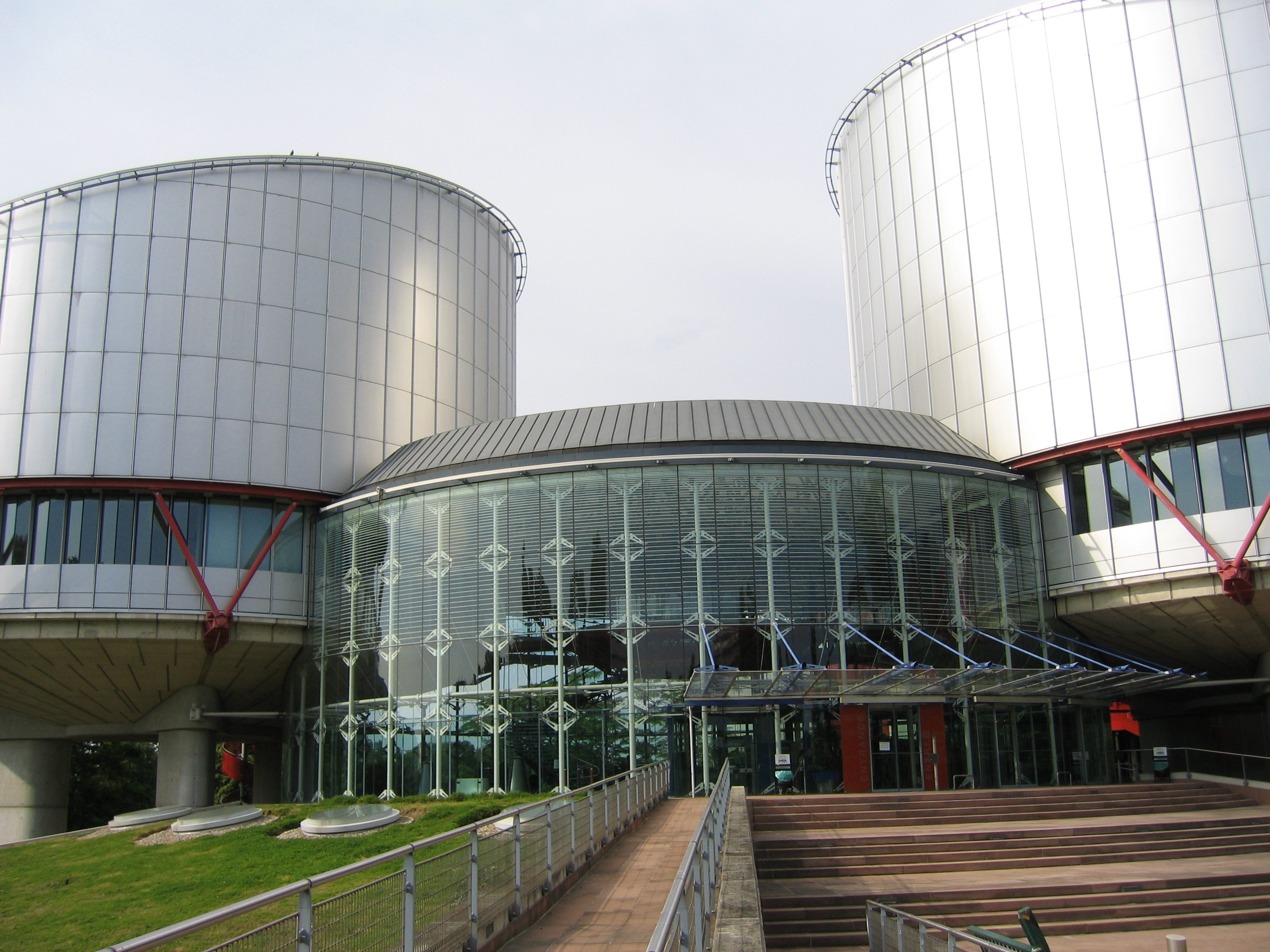The European Court of Human Rights (ECHR) has refused to position itself on Spain's future amnesty law for Catalan independence prosecutions, as it considers that it would mean "interfering with a democratic process". In a press conference this Thursday, the president of the court, Síofra O'Leary, argued that "a judge can never take a position on a bill because it would be interfering in a democratic process." Thus, the ECHR refused to comment on the amnesty law until its adoption, but O'Leary has advanced that the court could, if it deems it appropriate, transfer more questions to Spain once it is approved.
The independence process cases at the ECHR
For more than a year and a half, the Human Rights court in Strasbourg has been working on the appeals relating to the Catalan pro-independence leaders convicted over the 1st October referendum, a case that it treats as a priority due to its importance in the human rights area. At present, though, it is awaiting Spain's responses to a series of questions from the court about the Supreme Court's interpretation of the crimes of sedition and misappropriation of funds, as well as its views on the rights of association and expression. The ECHR affirmed last year that the appeals of the pro-independence leaders would be heard as a "priority", considering them "extremely important". At the same time, it has kept a close eye on the Spanish legislative changes and the requests for convictions review. The cases brought to the court related to the Catalan independence process have been grouped into three categories. The first includes those related to the political rights of pro-independence leaders in pre-trial detention; the second - the most numerous - is over those convicted of sedition and misappropriation of funds in the leaders' trial; and the third are the cases that refer to freedom of expression due to the Constitutional Court's veto on debates in the Catalan Parliament.
The nine political prisoners have filed separate appeals against the Supreme Court sentences, later ratified by the Constitutional Court. The first was the former president of Òmnium Cultural, Jordi Cuixart, and just one day later, Jordi Turull who registered his document in June 2021. The last to do so were: Junqueras, Romeva and Bassa after the Constitutional Court resolved their appeals. In general, all the appeals to the ECHR denounce violations of the right to a fair trial, and the rights to freedom of thought, expression and assembly. In addition, violations of political rights and "abuse of power" by the Spanish authorities were claimed.
Strasbourg's questions to Spain
Thus, the ECHR is examining the appeals presented by those convicted over the 2017 independence referendum against the Supreme Court's verdicts. However, the court has given Spain until the month of February to respond to a series of questions about the violations of fundamental rights reported by the pro-independence leaders. Among the questions posed by the court to the Spanish authorities is whether the Supreme Court applied an "unpredictable and expansive interpretation of the crimes of sedition and misuse of funds" and whether the conviction was for a "legitimate exercise of their rights to freedom of association and expression", as defended by those convicted for the 2017 independence process.
Strasbourg's posing of questions to the Spanish state does not imply that the appeals have been admitted for hearing, but rather, that the ECHR has begun to analyze them after having made a "preliminary assessment of admissibility". Unlike other judicial authorities, Strasbourg does not inform when it admits cases to proceedings.

